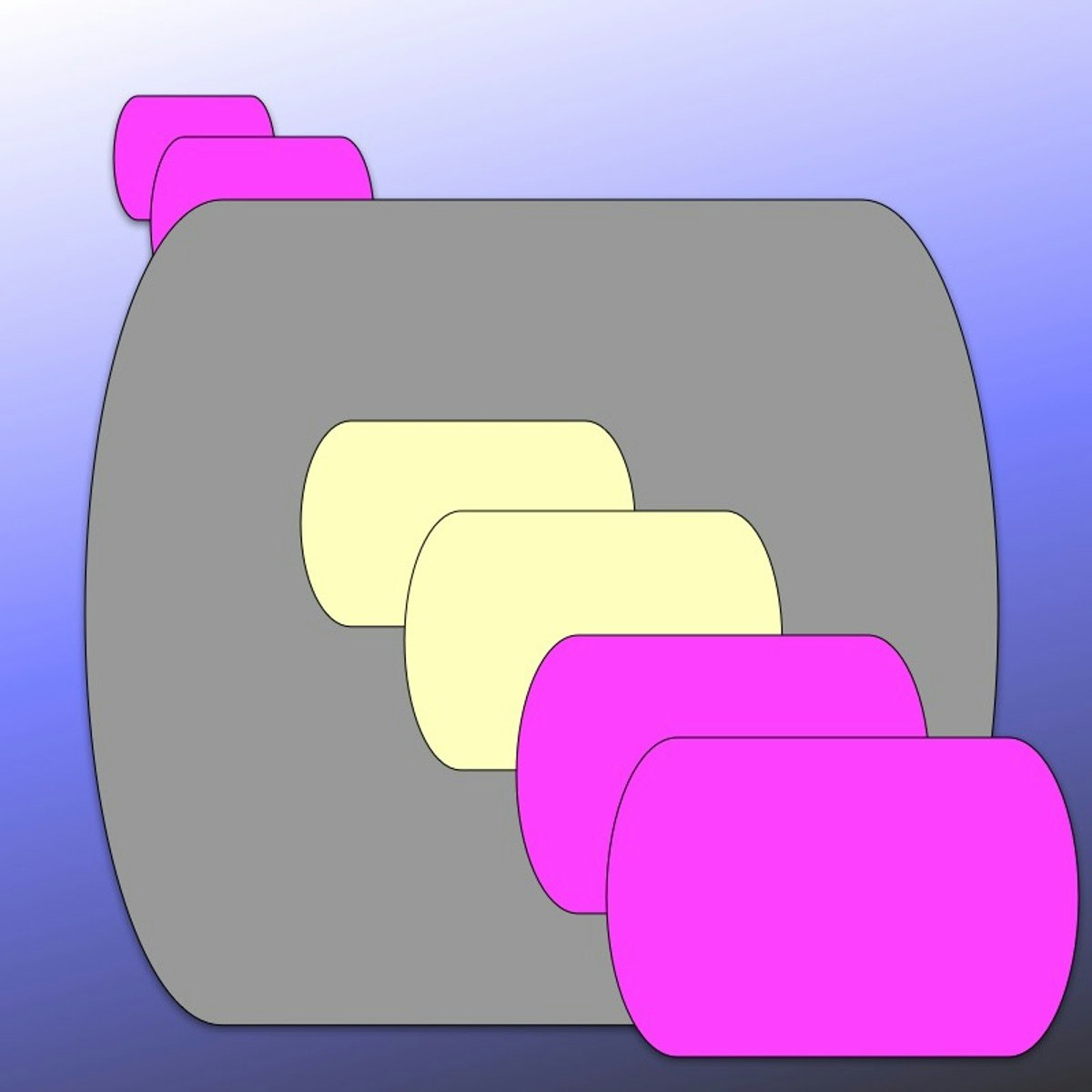
In this 1-hour hands-on Python programming project, you will learn how to use decorators to modify behaviors of functions without changing the source code. You’ll study common use cases like timing, logging, caching and more. By the end, you’ll be able to transparently add features to functions using custom decorators.
What's inside
Syllabus
Good to know
Save this course
Activities
Python Functions Refresher
Show steps
Ensure a solid understanding of Python functions, a prerequisite for mastering decorators.
Show steps
-
Review course materials on Python functions.
-
Solve practice problems involving functions.
Decorator Discussion Group
Show steps
Engage with fellow students to discuss and exchange ideas on the use of decorators.
Show steps
-
Join a study group or discussion forum.
-
Participate in discussions about decorators.
-
Share your knowledge and experiences with others.
Explore Decorator Applications
Show steps
Expand your knowledge of decorators by exploring tutorials and articles that showcase their use in various applications.
Show steps
-
Search for tutorials on decorator applications.
-
Follow the tutorials to learn how to use decorators.
-
Experiment with using decorators in your own code.
Four other activities
Expand to see all activities and additional details
Show all seven activities
Python Decorator Drills
Show steps
Reinforce your understanding of decorators by solving a series of practice problems.
Show steps
-
Work through the provided exercises.
-
Implement decorators on your own functions.
-
Test your understanding by completing the practice quiz.
Decorator Design Challenge
Show steps
Solidify your grasp of decorators by designing and implementing a custom decorator to solve a real-world problem.
Show steps
-
Identify a common task or problem that could benefit from a decorator.
-
Design and implement your decorator.
-
Test your decorator thoroughly.
-
Share your decorator with the community.
Contribute to Decorator Library
Show steps
Gain practical experience and expand the decorator ecosystem by contributing to an open-source decorator library.
Browse courses on
Decorators
Show steps
-
Find an open-source decorator library.
-
Identify areas where you can contribute.
-
Develop and submit your contributions.
Python Decorator Challenge
Show steps
Test your skills and push the boundaries of your understanding by participating in a coding competition focused on decorators.
Show steps
-
Register for the competition.
-
Solve the decorator-related challenges.
-
Submit your solutions and compete with other participants.
Python Functions Refresher
Show steps
Ensure a solid understanding of Python functions, a prerequisite for mastering decorators.
Show steps
- Review course materials on Python functions.
- Solve practice problems involving functions.
Decorator Discussion Group
Show steps
Engage with fellow students to discuss and exchange ideas on the use of decorators.
Show steps
- Join a study group or discussion forum.
- Participate in discussions about decorators.
- Share your knowledge and experiences with others.
Explore Decorator Applications
Show steps
Expand your knowledge of decorators by exploring tutorials and articles that showcase their use in various applications.
Show steps
- Search for tutorials on decorator applications.
- Follow the tutorials to learn how to use decorators.
- Experiment with using decorators in your own code.
Python Decorator Drills
Show steps
Reinforce your understanding of decorators by solving a series of practice problems.
Show steps
- Work through the provided exercises.
- Implement decorators on your own functions.
- Test your understanding by completing the practice quiz.
Decorator Design Challenge
Show steps
Solidify your grasp of decorators by designing and implementing a custom decorator to solve a real-world problem.
Show steps
- Identify a common task or problem that could benefit from a decorator.
- Design and implement your decorator.
- Test your decorator thoroughly.
- Share your decorator with the community.
Contribute to Decorator Library
Show steps
Gain practical experience and expand the decorator ecosystem by contributing to an open-source decorator library.
Browse courses on
Decorators
Show steps
- Find an open-source decorator library.
- Identify areas where you can contribute.
- Develop and submit your contributions.
Python Decorator Challenge
Show steps
Test your skills and push the boundaries of your understanding by participating in a coding competition focused on decorators.
Show steps
- Register for the competition.
- Solve the decorator-related challenges.
- Submit your solutions and compete with other participants.
Career center
Data Scientist
Software Engineer
Web Developer
Database Administrator
Systems Administrator
Data Analyst
Business Analyst
Project Manager
Technical Writer
Quality Assurance Analyst
Information Security Analyst
Network Engineer
Computer Support Specialist
Reading list
Share
Similar courses
OpenCourser helps millions of learners each year. People visit us to learn workspace skills, ace their exams, and nurture their curiosity.
Our extensive catalog contains over 50,000 courses and twice as many books. Browse by search, by topic, or even by career interests. We'll match you to the right resources quickly.
Find this site helpful? Tell a friend about us.
We're supported by our community of learners. When you purchase or subscribe to courses and programs or purchase books, we may earn a commission from our partners.
Your purchases help us maintain our catalog and keep our servers humming without ads.
Thank you for supporting OpenCourser.



